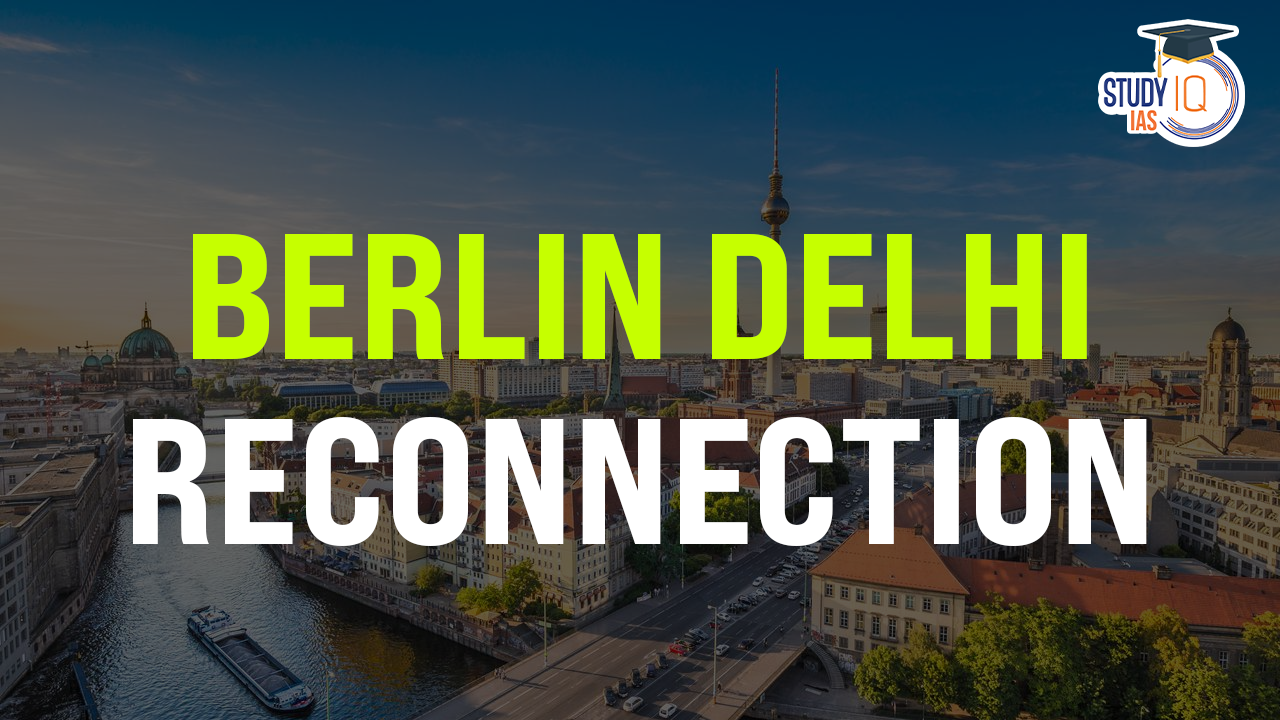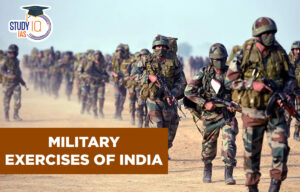Table of Contents
Context
- Scholz’s visit coincides with other significant international events such as the Commonwealth session in Samoa and the BRICS forum in Russia.
- The Commonwealth emphasises India’s historical ties with the British Empire, with India now being its largest economy.
- BRICS is seen as a group representing the future, despite internal contradictions, and is attracting growing interest.
Indo-German Relations in Focus
- Unlike Russia or China, Germany is not known for promoting a new global order but offers the capabilities India needs for its domestic and global transformation.
- India and Germany have had a strategic partnership since 2000, but outcomes have been slow to materialise.
- Scholz aims to shift this pattern and recalibrate ties, even as the Russia-Ukraine conflict strains Europe-India relations.
Germany’s New Strategic Approach to India
Germany has taken a new strategic approach towards India, recognizing its growing importance and seeking deeper engagement in various areas:
- India’s Growing Global Role: Germany acknowledges India as the world’s most populous nation and a stable democracy with significant economic and geopolitical influence.
- India’s role as a central player in the Global South is of great interest to Germany.
- Divergence on Ukraine but Building Bridges: While Germany and India differ in their stances on the Russia-Ukraine war, Berlin values dialogue and India’s willingness to contribute to peaceful conflict resolution.
- Economic Diversification in Indo-Pacific: Germany is moving away from its traditional “China First” policy and is keen on diversifying its economic partnerships, with India being a top priority.
- Strengthening Security and Defence Ties: Germany seeks to enhance defence ties with India through consultations, military exchanges, and reciprocal access agreements.
- A significant new aspect of the relationship is Germany’s offer to help India develop its defence manufacturing capabilities.
- Ongoing negotiations about the acquisition of submarines from Germany reflect this commitment.
Geopolitical Implications
- A strengthened Indo-German relationship would bolster India’s relations with Europe, adding geopolitical balance to its global strategy.
- The paper also emphasises the broader shifts in Germany’s foreign policy, as it faces growing challenges from Russia and China.
- As Germany takes on more global responsibilities, its partnership with India could become a key element of its strategic vision for the Indo-Pacific and beyond.
Historical and Strategic Importance
- Historically, India looked to Germany in its anti-colonial struggle against Britain, though that effort did not succeed.
- During the Cold War, India distanced itself from the Anglo-American alliance and now faces a complex global scenario involving the US, China, and Russia.
- With France already a strategic partner, a strengthened relationship with Germany would enhance India’s geopolitical positioning, offering a counterbalance in its great power relations.
Conclusion
The visit of Olaf Scholz signals a significant shift in Indo-German relations, with Germany seeking a more active role in India’s growth story. The new strategic vision, particularly in defence and economic ties, reflects Germany’s recognition of India’s rising global status and the need for stronger engagement in the Indo-Pacific region. This partnership could help both countries address shared challenges like China’s assertiveness and the changing global order.


 List of Military Exercises of India 2024...
List of Military Exercises of India 2024...
 Africa’s Nuclear Energy Market Status ...
Africa’s Nuclear Energy Market Status ...
 GPS Spoofing and Its Impact in India: A ...
GPS Spoofing and Its Impact in India: A ...





















